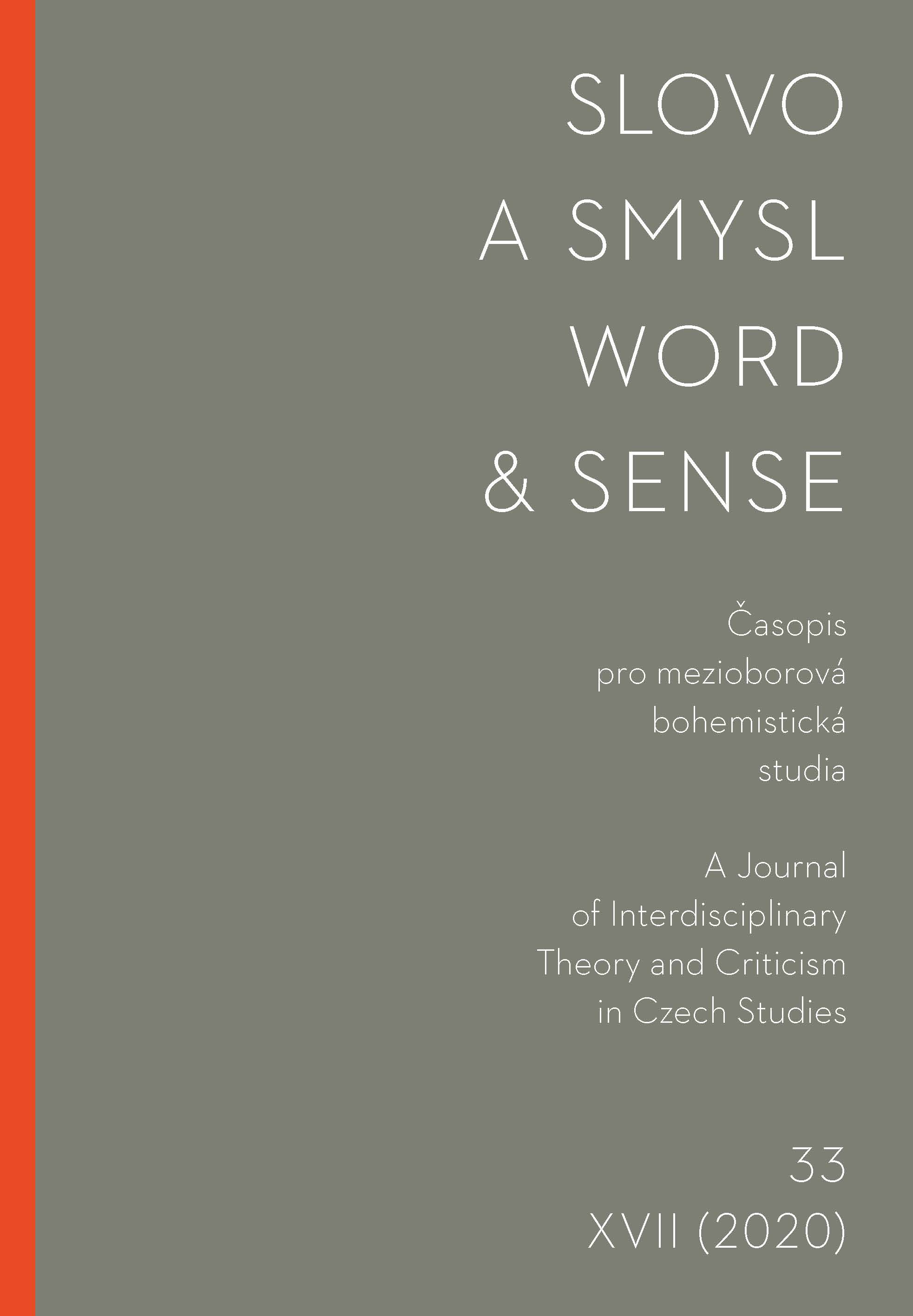Kanály zprostředkování
Channels of Mediation
Heinrich Herbatschek’s Activities in Vienna, Brno and Prague
Author(s): Jan BudňákSubject(s): Austrian Literature, Czech Literature, Pre-WW I & WW I (1900 -1919)
Published by: Univerzita Karlova v Praze - Filozofická fakulta, Vydavatelství
Keywords: translation; mediation; modernist literature; pacifism; cosmopolitanism; Tomáš Garrigue Masaryk
Summary/Abstract: This paper summarizes the mediation activities of Heinrich Herbatschek (1877 Vsetín — 1956 Vienna) in both Czech- and German-language environments between Vienna, Moravia and Prague. The author concludes that Herbatschek saw the potential of this mediation especially in the cultural field, putting it in more or less sharp contrast to the antagonistic political discourse. Systems of ideas compatible with this basic attitude were pacifism, for example (the essay Unser Seelenleben im Völkerkriege, 1915), and apolitical socialism (e.g. essays in the cosmopolitan magazine Die Wahrheit in Brno around 1920). Above all, however, it presented a fundamental criticism of strategies of othering based on national self-identification (as in the Moravian novel Ist die Liebe tot?, 1921). We find this ethos, which Herbatschek came to embrace as a student and translator of Masaryk (Die Ideale der Humanität, 1902), across the various spheres of cultural and social life that Herbatschek engaged in, which is to say as translator and reviewer of Czech modernism in the early 20th century, as a networker, writer and publisher in the German-Czech Committee and the Moravian Club in Vienna on the eve of World War I, as chairman of the Austrian-Czechoslovak Society and publisher of its magazine Der Nachbar (1929–1936), and as promoter of tourism between Austria and Czechoslovakia
Journal: Slovo a smysl
- Issue Year: 17/2020
- Issue No: 33
- Page Range: 160-175
- Page Count: 16
- Language: Czech

